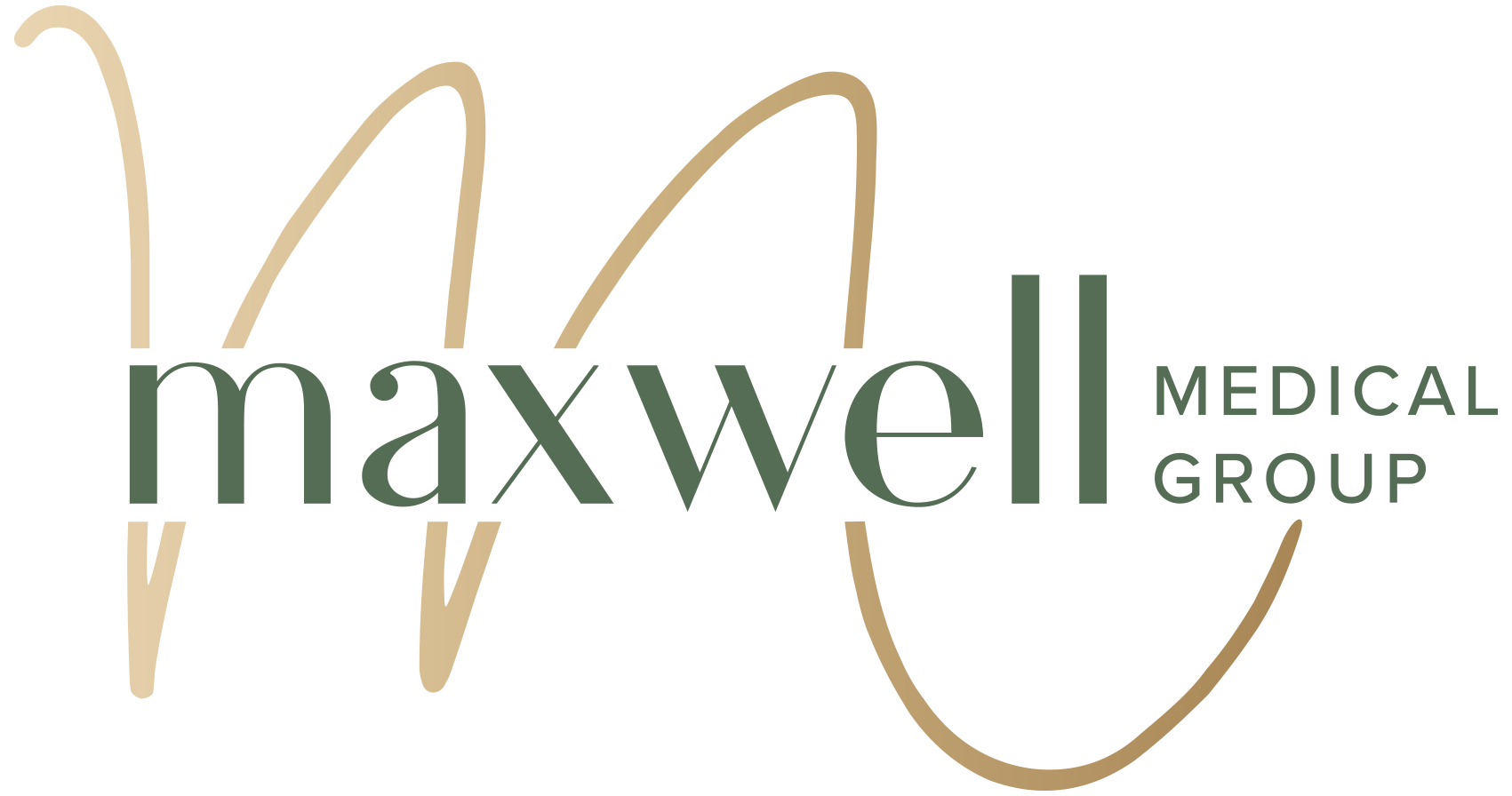COVID-19
The COVID-19 pandemic has been an unprecedented challenge for humanity. We appreciate the help and support of our patients during this difficult time. The information on this page aims to help provide information, resources and support for anyone wanting to know more.
What is COVID-19?
Coronavirus disease or COVID-19 as it is more commonly known, is an infectious disease caused by the SARS-CoV-2 virus.
The majority of people infected with COVID-19 will experience a mild to moderate respiratory illness with symptoms similar to the common cold or flu. In most cases people recover without needing any specialist treatment. In some cases people will become more unwell and need medical attention. Older people and those with underlying medical conditions such as heart disease, diabetes, chronic respiratory disease (COPD, emphysema, asthma), cancer or those with a compromised immune system are more likely to develop serious illness.
How can I protect myself?
COVID-19 spreads from an infected person’s mouth or nose in small liquid particles when they cough, sneeze, speak, sing or breathe. Getting tested if you have symptoms or have been exposed, staying home when indicated and self-isolating until you recover are things which can help reduce the spread and protect others.
Social distancing and wearing a properly fitted face mask can help reduce the risk of spreading the virus. We kindly ask that anyone visiting Maxwell Medical Group wears a face mask. If you have a mask exemption, we will provide you with a face shield to wear during your visit to our surgery which you can keep. Washing or sanitising your hands regularly can help.
When should I get tested and do I need to isolate?
If you are feeling unwell, have symptoms or have been in contact with a COVID-19 positive person you should get tested if possible.
Symptoms include: fever, chills or sweats, cough, sore throat, shortness of breath, runny nose, loss or change in sense of smell or taste, vomiting or diarrhoea.
At the moment, everyone’s first option should be to use a rapid antigen test. If you can't access a rapid antigen test, you should get a PCR test. Find your nearest testing centre. If you are unable to get to a rapid antigen or PCR test, please stay at home and contact the COVID-19 helpline 1800 675 398 for help. If you need more information or support please make a telehealth appointment with one of our doctors.
Please wait at home for your test results. Don’t go to work or go out shopping.
You can access a useful flowchart which gives information about when to test and isolate here.
If you have any symptoms such as fever, cough, sore throat or runny nose please contact your local Covid-19 respiratory clinic to be seen.
In Victoria it is now mandatory to report a positive rapid antigen test. You can do this by calling 1800 675 398 or online here.
What to do if you test positive for COVID-19?
In the majority of cases COVID-19 is a mild to moderate illness which can be self managed at home without needing medical care. The Royal Australian College of GPs has a very helpful guide you can access here. If you test positive and don’t have any symptoms or are only experiencing mild symptoms you don’t need to let us know. Of course, if you have any concerns or need support please get in touch.
There are some cases in which we please ask you to let us know you have tested positive for COVID-19. These include those who:
are unvaccinated or only partially vaccinated
are aged ≥65 years
are pregnant
have comorbidities, including
lung disease, such as COPD, asthma or bronchiectasis
cardiovascular diseases, such as hypertension
obesity (body mass index >30 kg/m2)
immunocompromising conditions
have chronic kidney disease
have diabetes (type 1 or 2)
have liver disease
have significant neurological disorders, such as stroke or dementia
suffer from some chronic inflammatory conditions and therapies
have significant frailty or disability
have severe mental health conditions.
If you are experiencing worsening or severe COVID-19 symptoms call 000 immediately.
This information is valid on the date of 07/01/2022.


